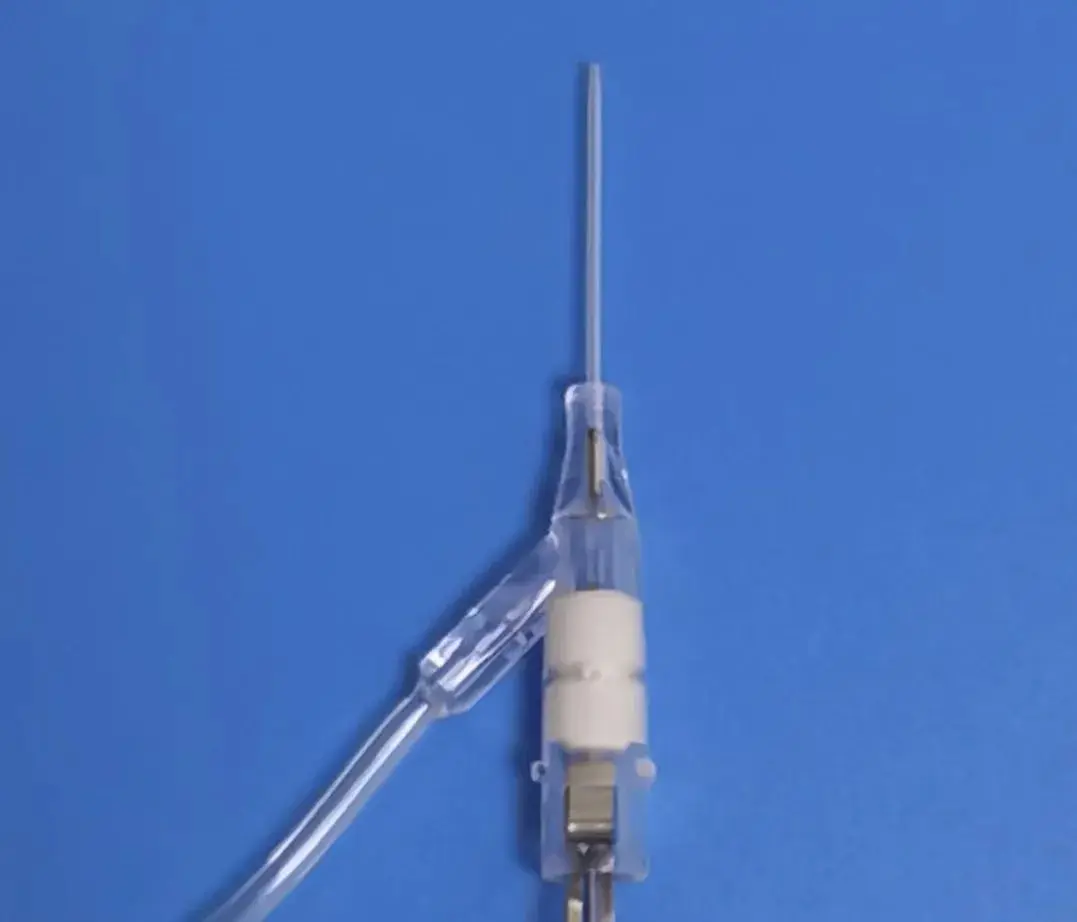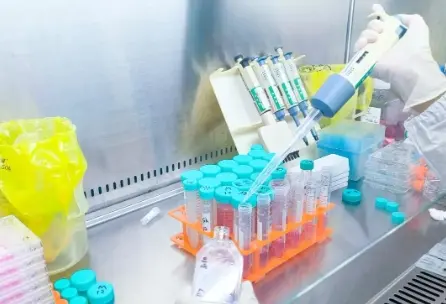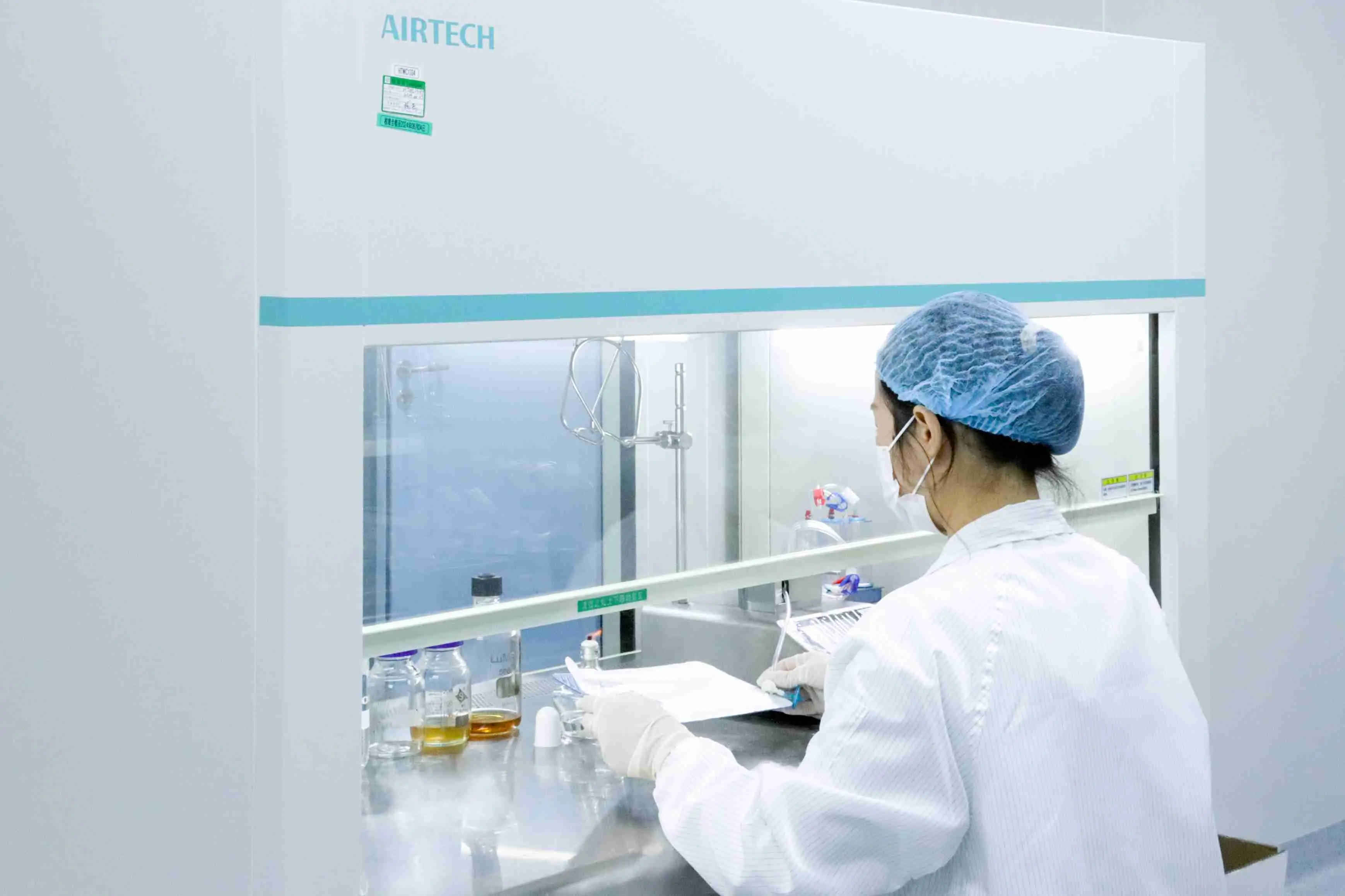
CE Certification and TSE Certification in Turkey
Turkey, as a country with significant strategic importance and market potential, has become a preferred destination for many companies expanding overseas. However, entering the Turkish market is not without its challenges, with CE and TSE certifications being crucial aspects that companies cannot afford to overlook.
CE certification
Case Study 1: A U.S. company exported two aerial work platforms to Turkey, valued at $50,000. Despite the goods reaching the port, they were intercepted by customs because the products lacked CE certification.
Although the company had placed the CE mark on the products, the critical certification had not been obtained.
Ultimately, due to the inability to find a suitable solution, the products had to be returned. If they had been auctioned by Turkish customs, the exporter would have faced even greater losses.
Some exporters may wonder why CE certification, required for products exported to Turkey, is necessary when Turkey is not an EU member state. CE certification is a safety certification applicable to products of all EU member states, and this misconception often arises among exporters regarding CE certification in Turkey. It should be noted that CE certification is indeed required in Turkey, as Turkey, while not a formal EU member state, aligns closely with EU regulations, making CE certification mandatory for products entering its market. Thus, the process for obtaining CE certification for exports to Turkey is similar to that for EU member states, and a valid CE certificate is recognized not only in Turkey but also throughout the EU.
CE certification itself requires compliance in two main areas: documentation, such as product circuits and manuals, must meet specified requirements; and the product itself must meet safety standards. If your goods have already arrived in Turkey without prior CE certification, obtaining a CE certificate afterwards will not retroactively validate the compliance of the already shipped products.
For products falling within the scope of CE regulations, certification is mandatory. Failure to comply can lead to significant financial losses for export enterprises upon arrival at Turkish ports, including issues such as clearance refusal, product return, customer claims, or even customs destruction, auctioning, and hefty fines.
Furthermore, even if products manage to clear customs without CE certification, they may still face legal restrictions during sales or use, potentially resulting in losses for local agents or final buyers, and implicating the exporter.
Different circumstances lead to varying losses for enterprises without CE certification, depending on their capacity to bear such losses. In summary, exporters of uncertified goods to Turkey should prepare in advance and comply with local legal requirements to avoid unnecessary complications.
TSE Certification
Of course, not all goods fall within the scope of CE regulations. For example, bearings (excluding drive shafts), vehicles for road use, vehicle components, food products, textiles (including clothing and fabrics), fur products, and certain specialized equipment such as almost all military equipment do not require CE certification. If goods fall under Turkey's mandatory TSE certification requirements, obtaining TSE certification alone suffices.
TSE (Turkish Standards Institution) is responsible for setting national standards in Turkey, overseeing product quality supervision, and is the highest authority for quality control.
Functions of TSE:
TSE Checks on CE Certification – TSE is crucial for reviewing CE certification and testing reports at Turkish customs checkpoints. All products entering Turkish customs must undergo TSE scrutiny for approval. Goods failing to pass this scrutiny will be prohibited from entering Turkey.
TSE Mandatory Certification – Besides the CE mark, the Turkish government annually publishes a 'List of Mandatory Import Standards' covering food products, industrial equipment, vehicles, fire safety products, and textiles. Products not covered by EU directives but falling within Turkey's mandatory standards must undergo testing and obtain TSE certification before entering the market for sale.
TSE Government Procurement Certification – Products sold to Turkish government procurement projects must undergo TSE certification or testing, failing which they cannot bid for Turkish government procurement projects.
Despite Turkey's slightly lower import and export volumes compared to major European trading nations like the UK, France, and Germany, its certification requirements remain equally stringent. Therefore, companies intending to enter the Turkish market must adequately prepare for certifications to ensure their products meet relevant standards and requirements."
This translation captures the essence of the original text, emphasizing the importance of CE and TSE certifications for exporting to Turkey and outlining the consequences of non-compliance.
Email:hello@jjrlab.com
Write your message here and send it to us
 Single Use Intravenous Catheter Certification Test
Single Use Intravenous Catheter Certification Test
 Silicone Material Product Compliance Certification
Silicone Material Product Compliance Certification
 What to Do If Cytotoxicity Test Results Are Positi
What to Do If Cytotoxicity Test Results Are Positi
 ISO 10993:5 Cytotoxicity Testing Methods
ISO 10993:5 Cytotoxicity Testing Methods
 FDA ISO 10993-1 Biocompatibility Evaluation Guidel
FDA ISO 10993-1 Biocompatibility Evaluation Guidel
 In Vitro Cytotoxicity Testing for Medical Devices
In Vitro Cytotoxicity Testing for Medical Devices
 Biocompatibility Test Cases
Biocompatibility Test Cases
 Wound Dressing Registration and Testing Services
Wound Dressing Registration and Testing Services




